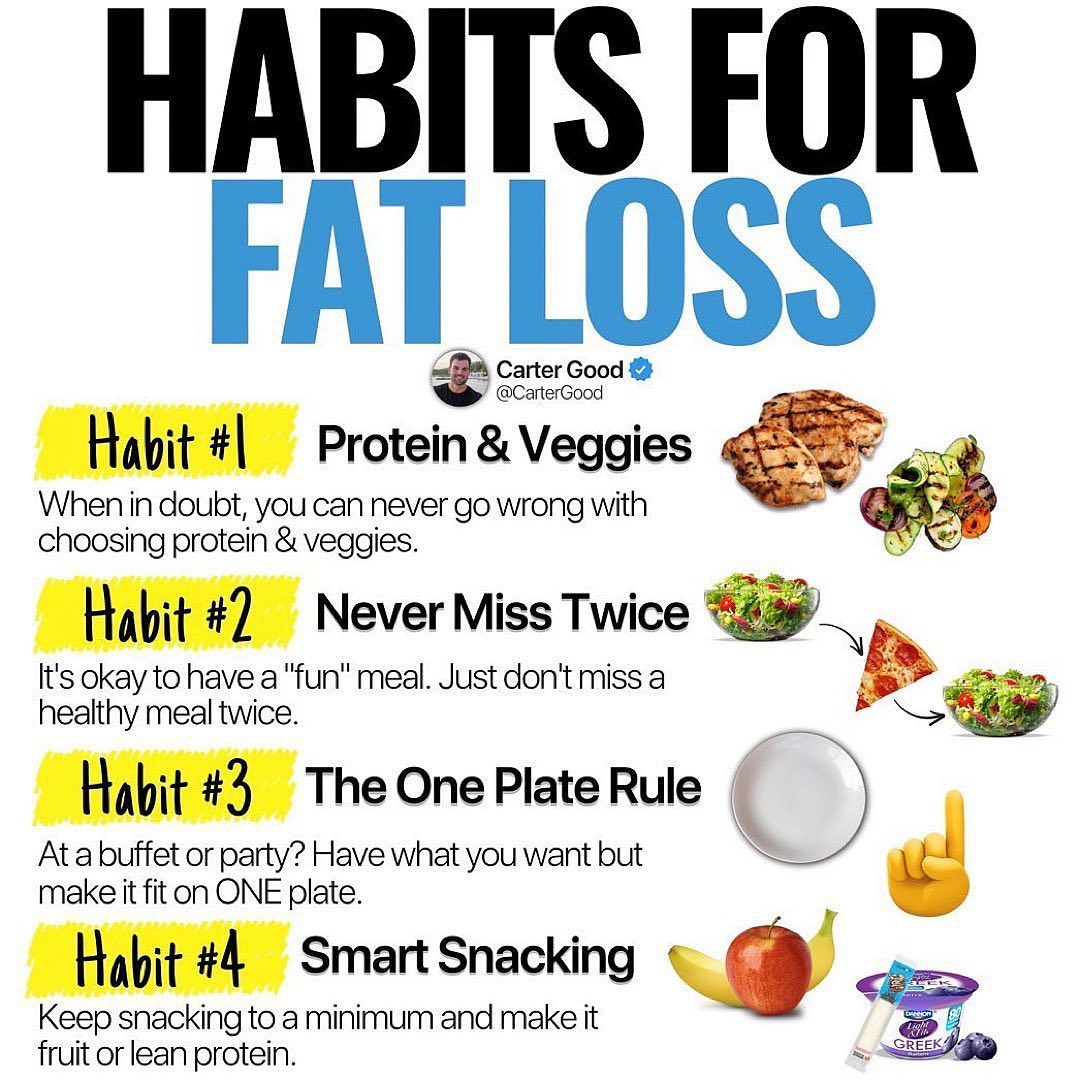Is Losing Weight Worth The Trouble?
Every day, in newspapers, magazines, television, and online, we are exhorted to lose weight. Alarming statistics about our national overweight and obesity rates are regularly revisited and the dangers of carrying too many pounds are trumpeted by dietitians, nutritionists, medical specialists, and weight loss gurus on their talk show tours.
They don’t have to keep trying to convince us that the ideal weight is healthier; we know that. No one has to point out that life is more fun when our activities are not hampered by fifty pounds of excess fat; we know that. The joy of accepting that we look attractive and slim doesn’t have to be hammered into our brains; we know it already!
We know the problem. We try to solve it by starting one of the thousands of diets floating through the media. We shell out our money for supplements, pills, support meetings, and online weight clubs. We know what we need to do and desperately try to follow through.
None of us start a diet intending to fail. The money and time we spend are part of a genuine effort to lose, not merely throwing away excess funds to assuage our conscience. But why is the problem getting bigger all the time when millions of us are following the advice we’re being given?
Losing weight is hard. Even more difficult is keeping it off. So we yo-yo our way through life, eagerly embracing every new program that comes along, believing the promises and testimonials we read, and waiting impatiently for the silver bullet we pray will appear.
After years of recurrent failure, we start to feel hopeless. Our dreams are repetitively battered on the rocks of dozens of unsuccessful diet attempts. We begin to wonder if all the effort is worthwhile. Before we throw in the towel and surrender ourselves to a lifetime of fat, let’s look at the process of weight control and see if it’s worth giving it one more shot.
“I want to lose forty-five pounds.” A statement like that is usually at the start of a diet. We are willing to take whatever action is needed to get started on our quest. We may try a particular program or a pill or a general cutback in food intake. Whichever approach we take, we are focused on our need to lose forty-five pounds.
In the first week, we lose three to five pounds and we are ecstatic, smiling down at our scale as if it were an ancient genie oozing out of its magical bottle. In the second and third weeks, the loss continues although at a slower pace. We’re still happy and enthusiastic; it is all working as it should.
Somewhere around the fourth to the eighth week, we hit the first major hump. We are following our program religiously, resisting the temptation to cheat even when alone, and keeping our eye firmly fixed on that forty-five-pound goal. One or two weeks go by and the weight loss stops. We tinker with our program, cut our intake to the bone, and force ourselves to exercise. Nothing works – the scale mockingly reflects the same numbers we’ve been staring at for three weeks.
The weeks of deprivation, physical pangs, and unfulfilled emotional cravings appear to be worthless. A little voice starts babbling inside our head: what’s the point of the physical and mental pain if it’s not getting us where we want to go? Maybe it’s not the right time or the right diet. Maybe we’re destined to be overweight and nothing we do is going to change that. Maybe our body’s quirks will thwart any diet we try.
We’re on the skids, ready to fall off the straight and narrow. Feeling desperately sorry for ourselves, we allow one little treat to ease the disappointment. One treat leads to another, and another, and another.
Suddenly, we’re back where we started, with another two to three pounds to boot. Frustrated, angry, and overwhelmingly guilty, we look at ourselves in the mirror and bemoan our apparent destiny: to spend the rest of our lives fat.
What happened? We started with such high hopes and strong motivation. We played by the rules but the rules didn’t work. We tried, terribly hard, but our bodies sabotaged our strongest efforts. We feel worse about ourselves than when we started. Is another try even worth it?
Yes! It’s always worth trying again if we want to succeed. It is the sum of our efforts that counts if we are to reach our goal.
Remember that goal of losing forty-five pounds? We still want to do it but we need to modify our mental approach. Let’s put everything into a new perspective. Let’s restate our goal as wanting to lose five pounds per month. That equates to sixty pounds per year – fifteen pounds beyond our original goal!
Once our goal has been reframed, it lifts the pressure of “I’ve got to keep losing” and reduces the burden to a mere five pounds per month, manageable by almost all of us. Depending upon the kind of person you are, you can dive right in, jump on the diet of your choosing, and lose five pounds in the first ten days.
Then you just have to maintain for three weeks until the first of the next month. If you’re a procrastinator as I usually am, don’t worry about anything until the 20th of the month. Then take stringent measures to make sure you attain that five-pound loss before a new month dawns.
What typically happens is that you grow impatient with this rate of loss. You decide to keep going and lose more. If that happens, so much the better, but limit the mental pressure to that magical five pounds a month. If you end up losing six or eight pounds over the month, don’t fret if the scale needle starts to stick because you’ve already exceeded your goal by 20% to 60%! Celebrate your victory with an ego-building (non-edible) treat.
The reframing of your weight loss objectives in this fashion has unbelievable psychological rewards. You are no longer mentally beating up on yourself for not moving fast enough towards that forty-five-pound loss elephant, but are feeling so good about yourself for meeting, or even exceeding, that five-pound goal that you feel like bubbling over.
And make no mistake about it, feeling good about yourself is critical in weight loss. We who constantly wage the battle of the bulge are famous for our poor self-image and diminished self-esteem. We hate every roll of fat that pokes over our too-tight waistbands. We wince when the mirror reflects flabby arms and saddlebag thighs. We suck in our tummies until we can no longer breathe, turn sideways, and are still uncomfortably aware that the image we project bears little resemblance to the image in our minds.
We need, desperately, to increase our self-respect and our sense of self-worth. We need to nurture our self-image and self-appreciation. We need to enjoy some continuing successes that can rebuild our battered egos and keep that constant guilt and self-reproach at bay.
Changing the syntax of your weight loss goals can lead not only to a more successful weight loss campaign but can restore your self-belief and heal the psychological damage caused by too many diet failures over too many years.




